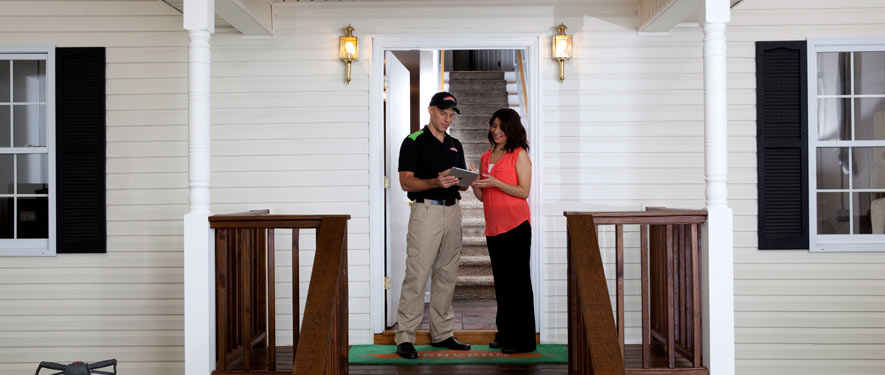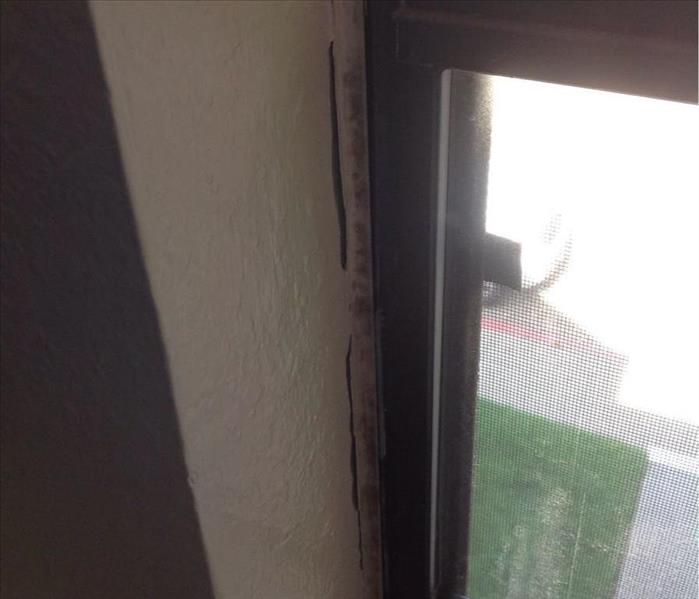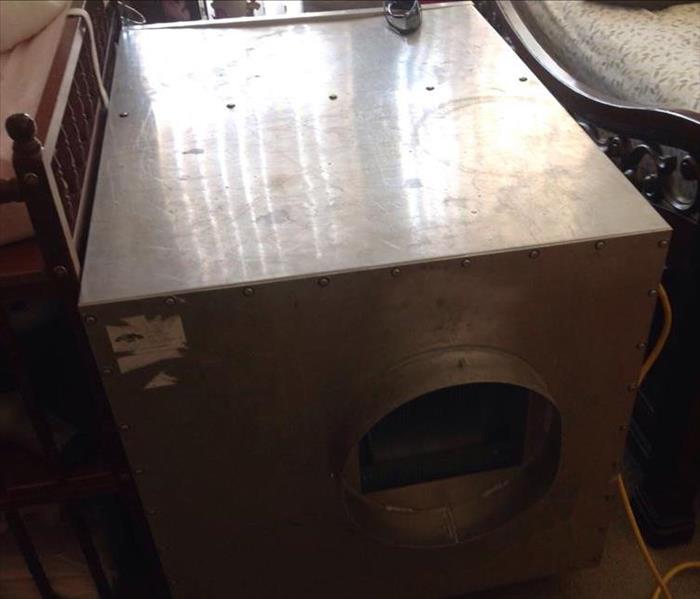
What Is Black Mold?
You often hear terrifying stories about black mold lurking in corners of homes and offices and spreading toxins everywhere, but what is black mold really? Black mold, or syachybotrys chartarum, does produce allergens and irritants, but so do many other types of mold. Read on below to get the facts about black mold without the sensational headlines.
Black mold grows outdoors in the soil, but it can also grow indoors if the conditions are right. Warm humid areas are the perfect places for black mold to grow. Mold spores can enter a home through air conditioning systems or can even be carried in by people or pets. Once the mold is inside the home, it can be spread through air ducts or be blown around by fans. If the spores drop in a warm humid place, they can begin to grow. Black mold has a distinct mildew or musty odor, so if you detect a new stench in your house you may want to be on the lookout for mold.
Not all dark molds are “black mold,” and many dark molds are not even toxic, but true, toxic, black mold can cause serious health problems if left untreated, so it is important to monitor you home, especially if you live in a warm, humid climate.
If you have questions or suspect black mold in your home or office, us a call at 817.595.0004. Our technicians have the certification, training, and equipment to tackle any mold problem.
Learn more about mold and what to do until help arrives by visiting Mold Damage Tips.
How Do I Tell If It’s Black Mold?
Since many types of mold can cause reactions, you should contact us regardless of the color or type of mold. In many instances, multiple types of mold may exist in the same house or structure. If you suspect you have a mold problem, contact SERVPRO of Hurst-Euless-Bedford immediately.
If You See Signs of Mold, Call Us Today – (817) 857-8761
Understanding Mold
When water intrudes into your property, mold growth can start in as little as 48 hours. Consider the following mold facts:
- Mold is present almost everywhere, indoors and outdoors.
- Mold spores are microscopic, float along in the air, and may enter your home through windows, doors, or AC/heating systems or even hitch a ride indoors on your clothing or a pet.
- Mold spores thrive on moisture. Mold spores can quickly grow into colonies when exposed to water. These colonies may produce allergens and irritants.
- Before mold remediation can begin, any sources of water or moisture must be addressed. Otherwise the mold may return.
- Mold often produces a strong, musty odor, and that odor can lead you to possible mold problem areas.
- Even higher-than-normal indoor humidity can support mold growth. Keep indoor humidity below 45 percent.
Locally Owned Company with National Resources
SERVPRO of Hurst-Euless-Bedford is locally owned and operated—so we live and work here too and are proud to be part of this community. We are also part of a national network of over 2,200 Franchises with special Disaster Recovery Teams placed strategically throughout the country to respond to large-scale disasters.
SERVPRO of Hurst-Euless-Bedford proudly serves Hurst, Euless, Bedford, and surrounding areas.






 24/7 Emergency Service
24/7 Emergency Service




